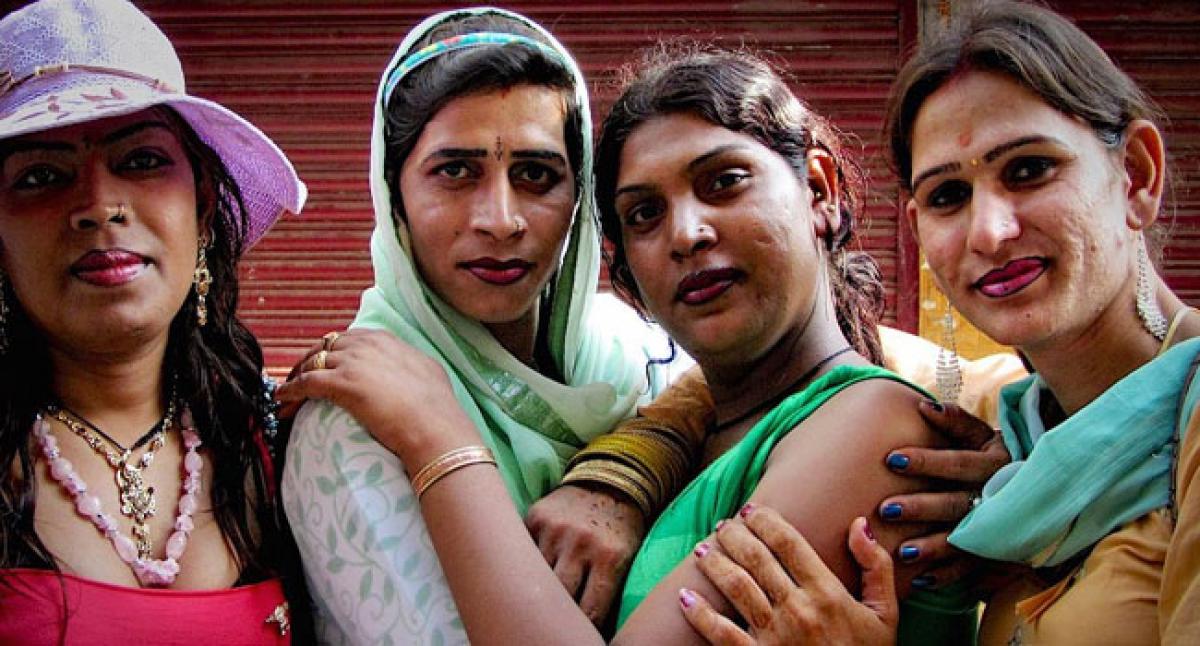Live
- Secunderabad Cantonment Congress MLA Candidate Sri Ganesh Campaign in Vaddera Basti and Loya Nagar
- "Yarlagadda promises special measures to tackle unemployment in Gannavaram constituency"
- Adari Anand Kumar, YCP MLA Candidate, Urges Supporters to Work for Party's Success
- ‘Aranmanai 4’ release postponed: New date announced
- Senior Leaders Declare Support for TDP Candidate Somireddy in Sarvepalli Constituency
- ‘Tillu Square’ in OTT: blockbuster crime comedy to make digital debut on this date
- TDP MP Candidate Keshineni Sivanath Accuses YSRCP Regime of Targeting Christians' Properties
- YSRCP Leaders Campaign for Mekapati Raja Gopal Reddy in Vinjamuru Mandal"
- Kanna Lakshminarayana Campaign in Sattenapally Constituency: Promises of Development and Change
- Residents of Nallacheruvu Mandal Welcome Kandikunta Venkataprasad During Election Campaign









